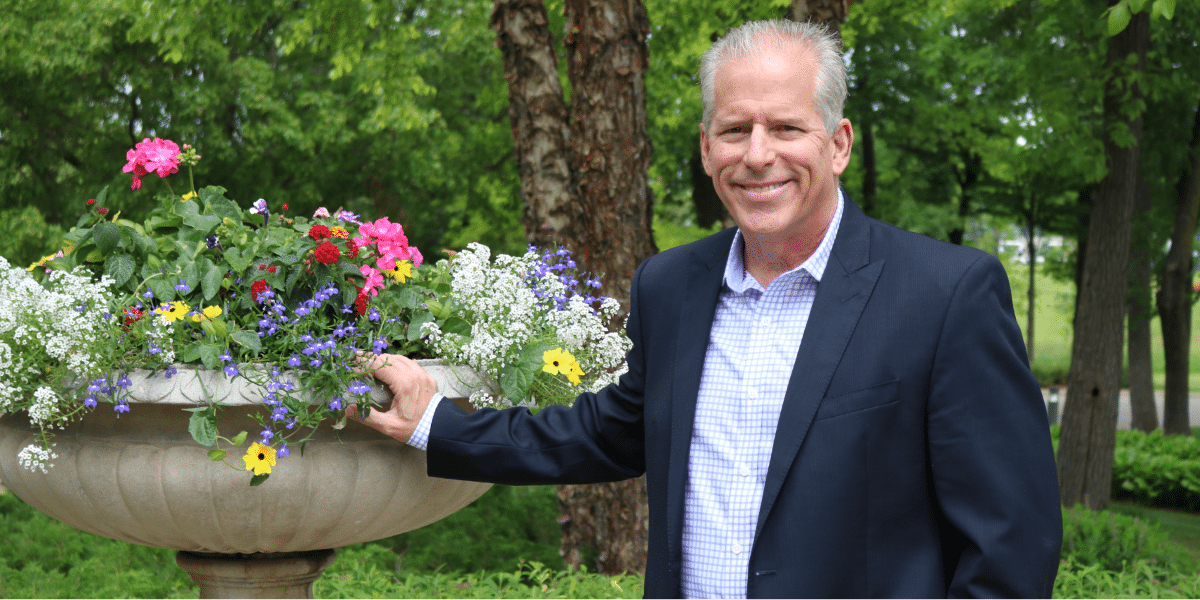Philanthropy in the field of veterinary medicine is not just about giving back; it’s about forging paths that elevate care, education, and community involvement. Veterinarians like Jaime Pickett DVM, who blend their professional careers with philanthropic efforts, exemplify how deeply veterinarians can impact their communities and the wider world. This article explores how veterinary professionals can engage in innovative philanthropy, enhancing their roles as caregivers and community leaders.
Understanding the Scope of Philanthropic Opportunities
Veterinary medicine offers a unique platform for philanthropy, with opportunities ranging from local community support to global health initiatives. At the community level, veterinarians can contribute by offering free or low-cost services to underserved populations or rescue organizations. Globally, opportunities extend to wildlife conservation efforts, disaster response, and tackling zoonotic diseases that affect animals and human communities alike.
For practitioners interested in philanthropy, understanding the broad scope of what can be done is the first step. This involves not just direct animal care but also education, policy advocacy, and research.
Starting Small: Local Initiatives
The journey into philanthropy often begins at a local level. Simple programs such as hosting free vaccine clinics, spay/neuter programs, or educational workshops for pet owners can make a significant difference. Jaime Pickett DVM has shown how impactful these initiatives can be through her involvement in community-based programs that aim to improve local animal health and owner awareness.
Local shelters and rescue organizations always need veterinary support. By offering pro bono services or organizing fundraising events, veterinarians can help these organizations extend their reach and improve the quality of care they provide. Furthermore, initiating or participating in ‘pet food banks’ helps ensure that economic hardships do not compromise the health of pets in the community.
Expanding Reach: National and Global Contributions
Beyond the local community, veterinarians can have an impact on national and international levels. This might involve engaging in or supporting research projects that aim to improve animal health and welfare globally. Participation in policy-making through professional organizations also allows veterinarians to influence legislation that affects animal welfare on a large scale.
Another significant area is disaster response. Veterinarians can train with organizations to provide emergency care in areas struck by natural disasters. Not only does this help save lives, but it also puts veterinarians at the forefront of response efforts, highlighting the critical role of veterinary medicine in broader health discussions.
Educational Outreach and Advocacy
Education is a cornerstone of effective philanthropy. Veterinarians can lead workshops, write articles, or even host webinars aimed at educating the public on various issues related to animal health, such as preventive care, zoonotic diseases, and proper nutrition. This not only helps improve the immediate welfare of animals but also empowers communities with knowledge that can lead to long-term health improvements.
Advocacy goes hand in hand with education. By advocating for better animal welfare laws and more substantial funding for animal health, veterinarians can drive systemic changes that benefit both animals and society. Jaime Pickett DVM’s work in board roles showcases the power of advocacy in achieving sustainable impact.
Leveraging Technology for Philanthropy
In today’s digital age, technology can amplify the impact of philanthropic efforts. Telemedicine, for instance, allows veterinarians to reach remote or underserved areas where veterinary care is scarce. Mobile apps can facilitate better tracking of animal health and help educate pet owners on various aspects of pet care.
Crowdfunding platforms also offer a novel way to support animal health projects. Veterinarians can initiate or support campaigns for specific causes, such as funding surgeries for animals in need or supporting conservation projects.
Building Partnerships for Greater Impact
No one operates in a vacuum, and this is especially true in philanthropy. By building partnerships with other health professionals, conservationists, educators, and local businesses, veterinarians can create a synergistic effect that boosts the reach and efficiency of their philanthropic endeavors.
These partnerships can take various forms, such as joint initiatives between veterinary clinics and local businesses or collaborations with national and international NGOs focused on animal and human health. Such collaborations not only pool resources but also bring diverse expertise to the table, making initiatives more comprehensive and impactful.
Summary: A Call to Action
The potential for veterinarians to engage in philanthropy is boundless. It starts with a commitment to service beyond the clinic and extends to global health improvements. For those inspired by leaders like Jaime Pickett DVM, the roadmap starts with identifying one’s passion within the field, recognizing the resources at one’s disposal, and taking actionable steps to make a tangible difference.
Philanthropy in veterinary medicine isn’t just about charity; it’s about leadership and commitment to the health of all beings. As practitioners step up to these roles, they not only enhance their profession but also enrich their own lives and the communities they serve. The journey is as rewarding as it is challenging, and it is ripe with opportunities for those ready to take it.
Published by: Holy Minoza






